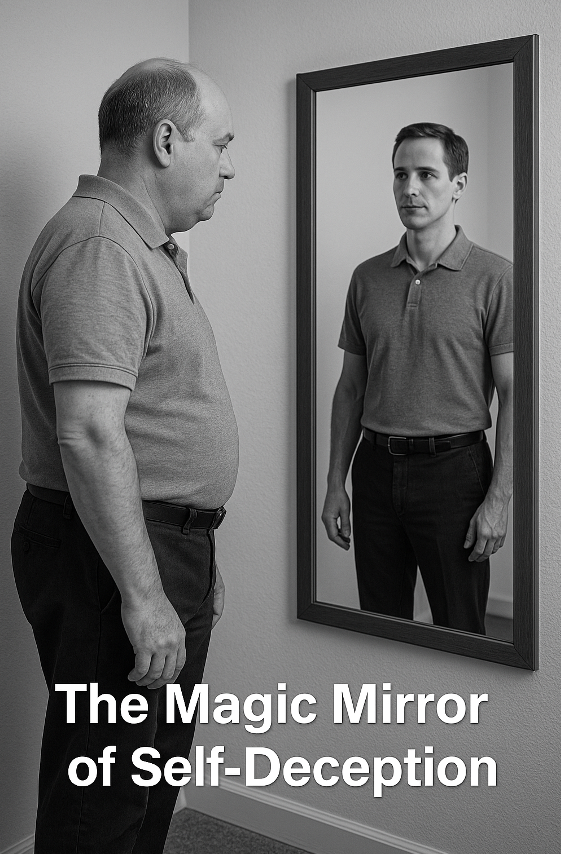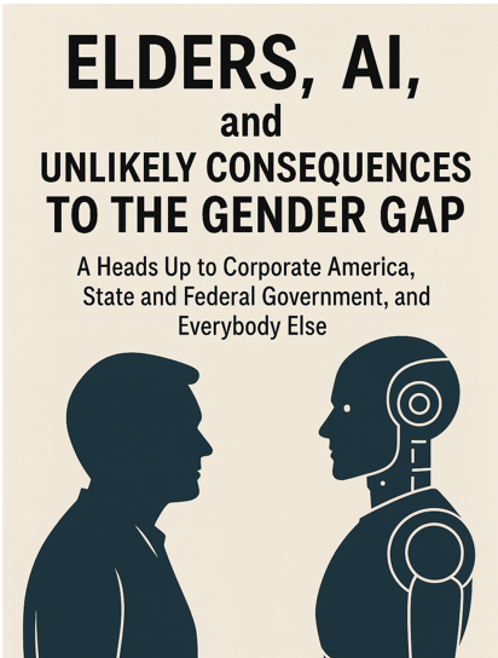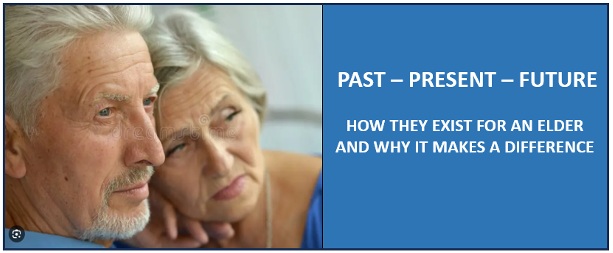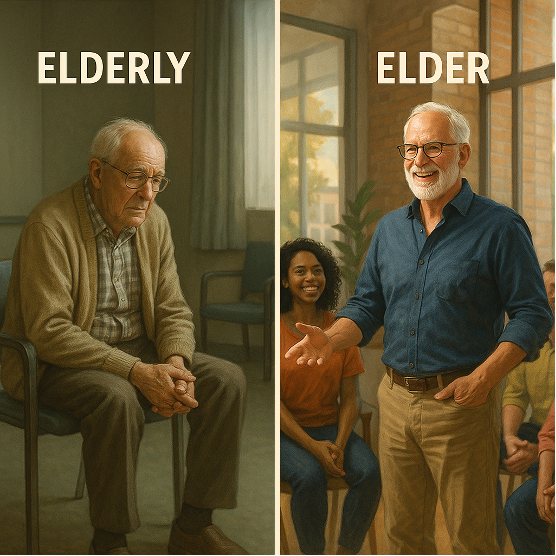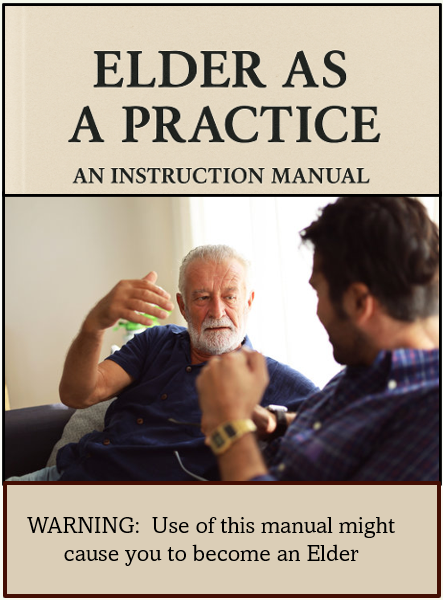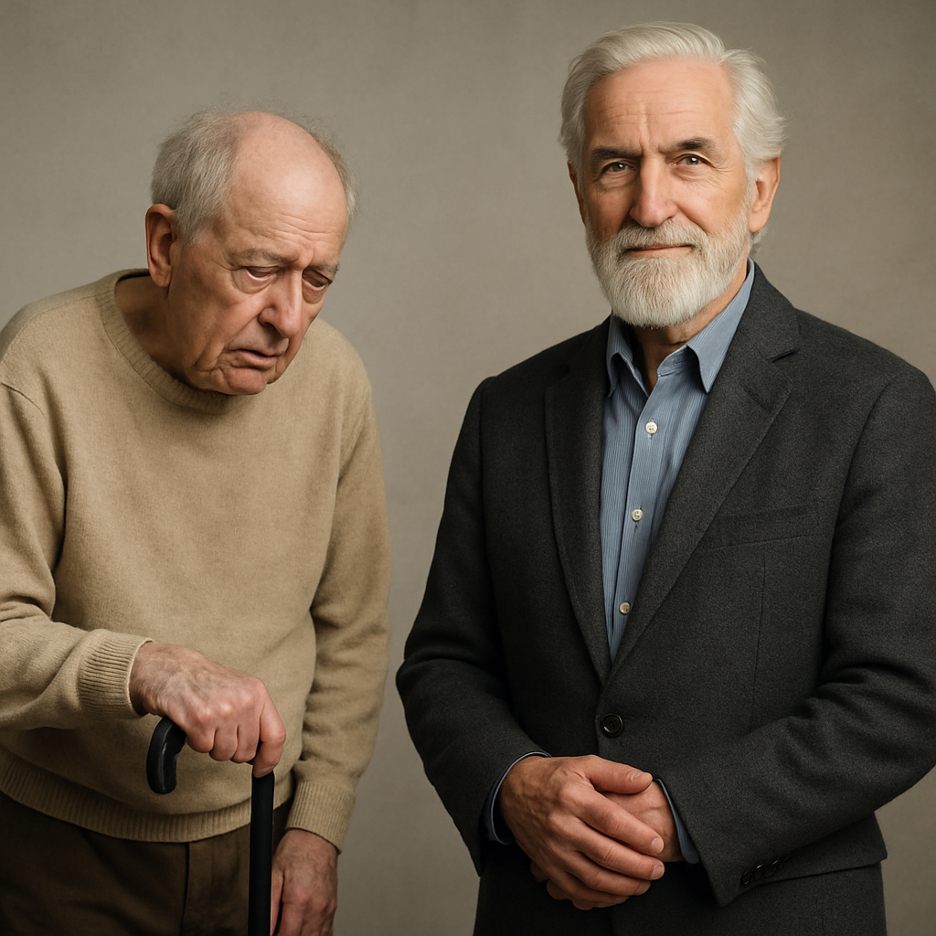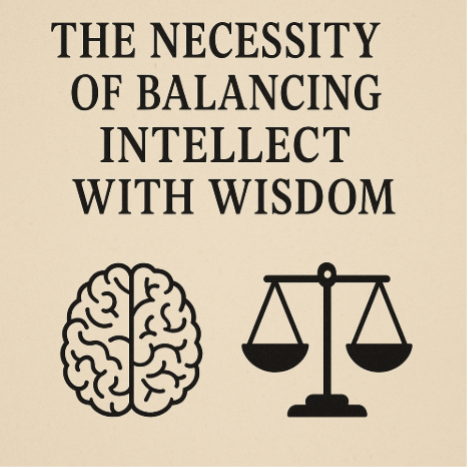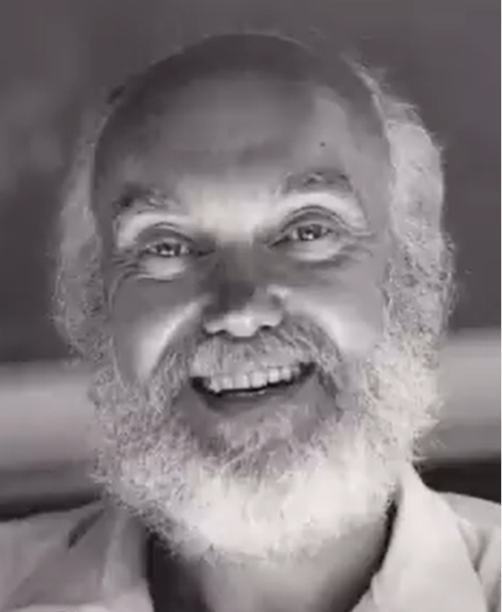WHO ARE YOU THAT DEATH IS?

WHO ARE YOU THAT DEATH IS?
If there's one thing all humans have in common, it's death. We all die - but what happens before and possibly after death may depend on who we were when living.
The question, "Who are you that death is?" is asked correctly. The question is precisely designed and bullseye targeted. Given that death's mystery can never be solved, an unknown that cannot be resolved, the only accessible factor in this empirical question of "Who you are that death is?" is you.
You're the very heart of this existential question. You are the one that determines your understanding, perceptions, interpretations, emotional responses, concepts, and abstractions about death.
The question puts the weight solely on you. "Who are you that death is?" You are the subject, not death. The pronoun is "I," not "it." In this semantic challenge, you are the chooser, the decider, the judge, and the jury. So why are you relating to death the way you are?
Who taught you about death? Where did you pick up these thoughts, interpretations, and understandings determining your relationship with death? What are you afraid of? What is this Fear about? Stop trying to figure death out. Death is not figure-out-able.
In Western cultures, there's a sense of mystery and dread when a person dies. Immediately the body is picked up and taken to a morgue or funeral parlor, remaining out of sight until the wake or funeral. Death is now efficiently and effectively kept unseen—death's opening act.
The entire script with death is the opening scene - the hearse pulling away, leaving hospice, and going directly to the funeral home. All transactions completed electronically. DocuSign for all the state and legal forms. Venmo to pay for the funeral. PayPal for the headstone. And let's not forget the e-mails through private portals with the attorneys who speak for the dead and the CPA that speaks for the taxman. All paid to keep death absent.
It wasn't always like this. Until the 19th or 20th Century, households in Europe and the U.S. would keep the entire death process within the home, from final deathbed visits to preparing the body for burial.
Today, obeying the culture's stay-young commandments, longing for individualism, craving materialism, and obedience to science and technology, now with access to everything known on the internet via the Chatbot world, will keep pushing death further away. Better shields from death.
Other significant players heavily contribute to this stay-away relationship from death. Indeed, one is our medical system, which sees death as a dismal failure. The system sees death as a defeat. It is a system that doesn't see the human dying, only the body that needs saving—humanity, empathy, companionship, spirituality, nowhere to be found.
The other power influencer is Wall Street which sees death as an economic bonanza. As a result, the funeral industry is booming. The M&A folks are in high gear with their investment bankers and equity partners. As a result, funeral homes and Crematoriums are getting "rolled up" quickly.
There are national funeral chains across the United States. For example, San Holdings conducts over 10,000 funerals annually, employing 315 funeral directors with 71 locations. There are publicly traded funeral companies in which to invest. You can find a list of funeral stocks to buy on www.swingtradebot.com
But the actual consumers are the families of the dying and dead. Families of the dead are willing to pay $10,000 or more, which includes viewing and burial but not the dwindling and very expensive cemetery space or the big-ticket items like caskets or headstones. Cremation isn't cheap, either. Expense be damned. Don't let death in here.
Hospice and assisted living are also failsafe investments. Keeping death and dying hidden from view rather than a normal part of life is a stellar growth industry with solid year-over-year earnings. Business conditions are outstanding as the population continues to grow, as people continue to die, and as long as families want to keep death out of the house.
With 9,494 deaths per day in the U.S. and 1.72 million Medicare beneficiaries that opted for hospice last year, the death trade is a good, reliable, and sustainable business. Everybody dies, and no one wants to be around death. So warehousing death and vanishing those dying is a solid investment.
Best of all, fear far outweighs inconvenience as the primary driving force that wants to keep death as far away as possible. But what are you afraid of? What is this Fear about?
THE DIFFERENT FEARS OF DEATH
In our work, we've found several reasons people fear death. They vary depending on the person's age, health, belief systems, self-esteem, and life satisfaction. However, in our experience, the most common factors that influence Fear of death are:
· Fear of the unknown: Not knowing what happens after you die or if there is anything beyond death.
· Fear of non-existence. Finding it hard to imagine not existing or losing your sense of self and identity.
· Fear of eternal punishment: Belief of judgment or punishment for your actions or beliefs in the afterlife.
· Fear of being reincarnated into a disadvantageous and physically challenging life.
· Fear of failing God while on earth.
· Fear of losing control: The feeling that death is inevitable and you have no power over it, hopeless.
· Fear of what will happen to the people you love.
These fears exist in some form in all of us. But we have found that shifting our relationship to death and holding death as going home rather than going to hell or going out of existence has tremendous benefits for living.
Having an intimate relationship with death has some substantial benefits.
Death is non-negotiable. Life is short. Death is a reminder of how short life is and the preciousness of life. Death reminds you of the gift of life.
Having an intimate relationship with death shifts context and priorities. Other things besides what's driving daily life become essential.
Compassion, appreciation, humility, loss of pretentiousness, ceasing being right, and making others wrong becomes who you are.
If "Who you are that death is?" is someone who repels death, is repulsed by death, and wants to keep death "out of sight and out of mind," it might be thwarting you from living life to its fullest.
On the other hand, living from your death backward allows death to be your teacher rather than a villain giving your life much greater incandescence.The body content of your post goes here. To edit this text, click on it and delete this default text and start typing your own or paste your own from a different source.
The next open Sangha call is on May 19th at 4:00 pm. https://www.requestingwisdom.com/the-sangha
